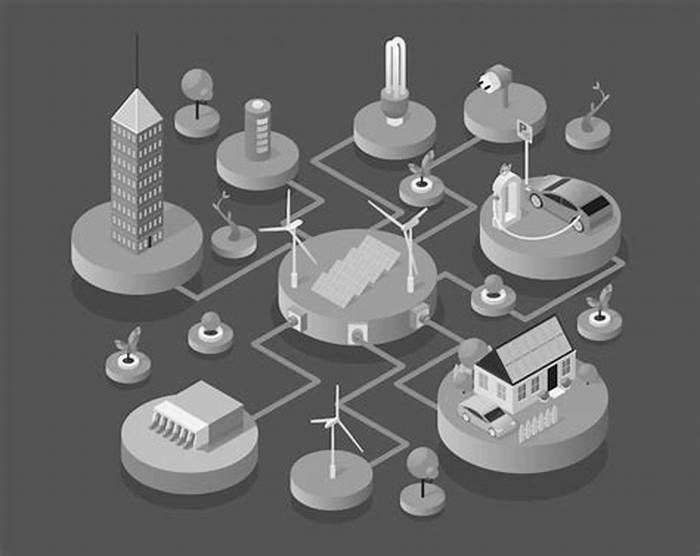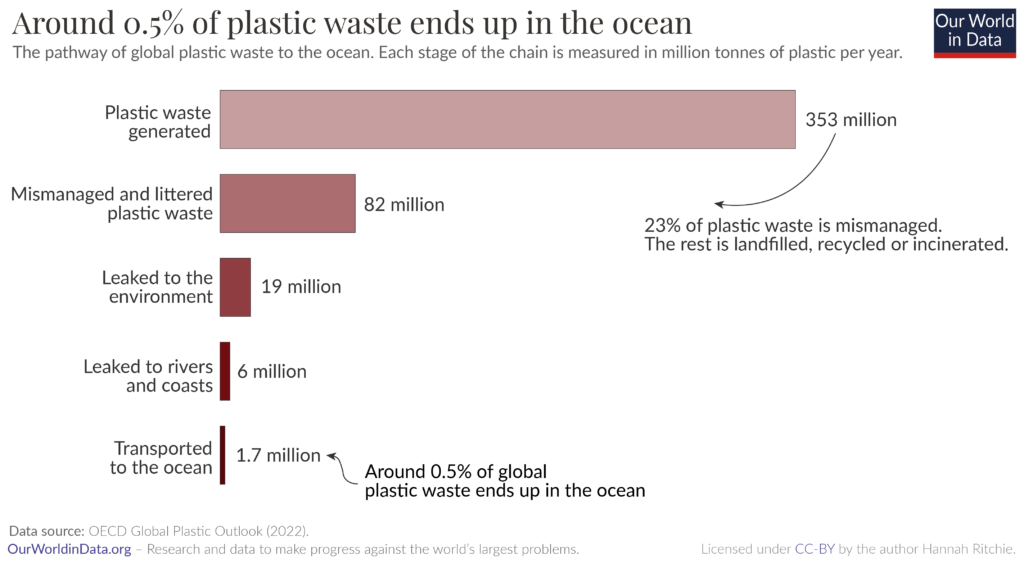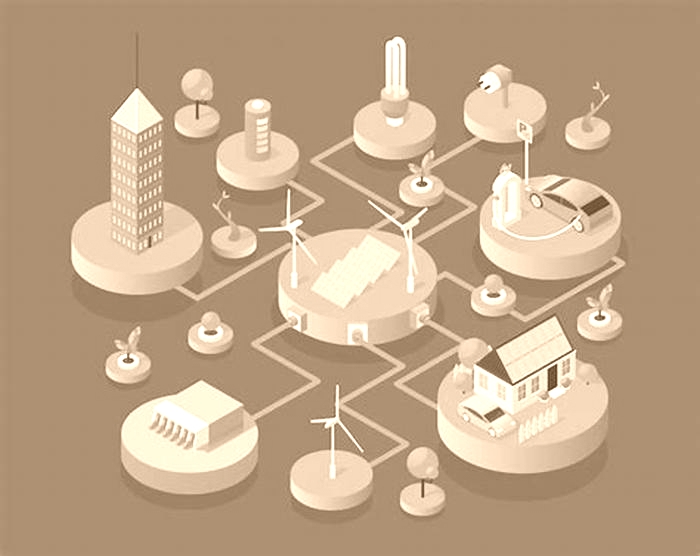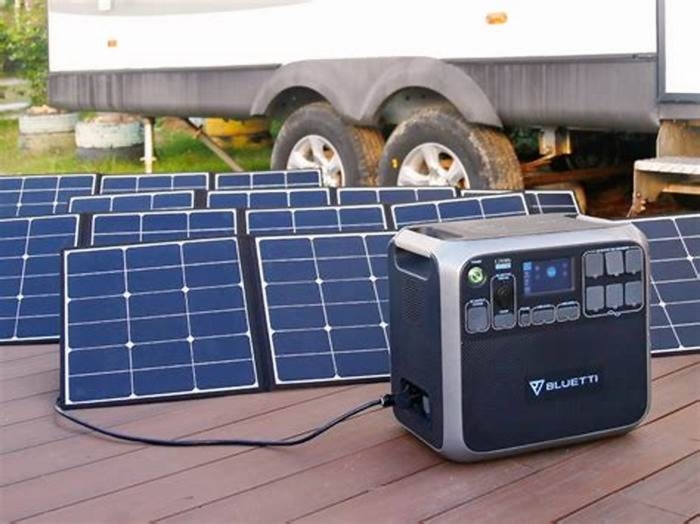Energy Efficient Tech Choosing Eco Friendly Devices for a Sustainable Lifestyle

Why Choose a Sustainable Eco-Friendly Lifestyle?
Living an eco-friendly lifestyle is essential for the well-being of our planet and future generations. By adopting eco-friendly habits and making sustainable choices, we can reduce our carbon footprint and minimize environmental harm. In this article, we will explore the concept of eco-friendly living and discuss the benefits of embracing a sustainable lifestyle.
What are the fundamental principles of a sustainable lifestyle?
Understanding the concept of sustainability
Understanding the concept of sustainability is essential when adopting a sustainable lifestyle. Sustainability is a multifaceted term that has gained prominence in environmental discourse. It refers to the practice of meeting the needs of the present without jeopardizing the ability of future generations to meet their own needs.
This concept encompasses various dimensions, including environmental, social, and economic aspects. The primary goal of sustainability is to find a harmonious balance among these dimensions to ensure a thriving and resilient planet for future generations.
According to the World Commission on Environment and Development, sustainability is development that meets the needs of the present without compromising the ability of future generations to meet their own needs (Our Common Future, 1987). This definition underscores the intergenerational responsibility that sustainability entails. It emphasizes that our actions today should not deplete resources or harm the environment in a way that makes it difficult or impossible for future generations to thrive.
Reducing waste and conserving resources

In the chart, you can see the path of plastic waste to the oceans, as per the OECDs Global Plastic Outlook (2022). Of all the worlds plastic waste, nearly 25% (about 82 million tonnes) is not adequately managed or disposed of, which includes storage in secure landfills, recycling, or incineration.
Out of this, one-quarter (19 million tonnes) escapes into the environment, with 13 million tonnes ending up in the land and 6 million tonnes in rivers or on coasts. From this, 1.7 million tonnes, including 1.4 million tonnes from rivers and 0.3 million tonnes from beaches, eventually reach the oceans. The remaining plastic waste leaks into aquatic environments and accumulates in rivers and lakes. Approximately 0.5% of the worlds plastic waste enters the oceans.
Reducing waste and conserving resources are fundamental principles of a sustainable lifestyle. These practices are pivotal in minimizing environmental impact and promoting resource efficiency. According to the United States Environmental Protection Agency (EPA), reducing waste can encompass source reduction, reuse, and recycling.
It not only decreases the amount of waste sent to landfills but also conserves natural resources, lowers energy consumption, and mitigates pollution (EPA, 2021). To achieve this, individuals can adopt sustainable habits such as conscious consumption, reducing packaging waste, and engaging in practices like composting to divert organic waste from landfills.
Choosing renewable energy sources
In these charts, we examine different types of renewable energy sources: hydropower, solar, wind, and more.
The first chart uses a stacked area format, making it easier to see the mix of renewables and how much each contributes. The second chart, a line graph, helps us track changes in each source over time.On a global scale, hydropower stands out as the biggest modern renewable source. However, wind and solar power are also rapidly expanding.
Opting for renewable energy sources is another critical aspect of a sustainable lifestyle. Fossil fuels, including coal and oil, are finite resources and significant contributors to air pollution and greenhouse gas emissions. According to the National Renewable Energy Laboratory (NREL), renewable energy sources like solar, wind, and hydroelectric power are considered sustainable alternatives that harness the Earths natural processes to generate electricity.
These sources can significantly reduce reliance on fossil fuels, lower emissions, and promote a cleaner energy landscape (NREL, 2021). The growing accessibility of residential renewable energy options in many regions allows individuals to support and benefit from clean energy initiatives actively.
What does it mean to live an eco-friendly lifestyle?
Understanding the concept of eco-friendly living
Eco-friendly living is all about making choices that are kind to the environment. This means using products and doing things that dont harm the planet. For example, you can use reusable shopping bags instead of plastic ones, which can take hundreds of years to break down. When you save water or electricity, youre being eco-friendly because it helps conserve resources. Plus, choosing to drive less or use public transportation can reduce carbon emissions that contribute to climate change.
According to the Environmental Protection Agency (EPA), eco-friendly living also includes reducing, reusing, and recycling to decrease waste. This not only saves money but also reduces the amount of trash in landfills. By making these eco-conscious choices, youre not only helping the planet now but also ensuring a better, more sustainable future for generations to come.
How can I incorporate eco-friendly practices into my daily life?

- Recycling: Establish a recycling routine at home and recycle materials like paper, cardboard, glass, and plastic.
- Composting: Reduce waste and enrich the soil by composting kitchen scraps and yard waste.
- Conserving Water: Fix leaky faucets, take shorter showers, and collect rainwater for outdoor use to save water.
- Natural Cleaning Products: Use eco-friendly and non-toxic cleaning products to reduce harmful chemicals in your home.
- Energy-Efficient Appliances: Invest in appliances with high energy-efficiency ratings to reduce energy consumption.
- LED Lighting: Replace traditional incandescent bulbs with energy-efficient ones to save energy and money.
- Reducing Waste: Embrace the reduce, reuse, recycle mantra to minimize waste in your daily life.
- Public Transportation: When possible, use public transportation, carpool, or bike instead of driving alone.
- Shop Responsibly: Choose products with minimal packaging, buy in bulk to reduce packaging waste, and support eco-friendly brands.
These simple steps can go a long way in reducing your environmental impact and promoting a more sustainable lifestyle.
Benefits of living an eco-friendly lifestyle
- Reduced Carbon Footprint: Eco-conscious individuals minimize their carbon footprint by making simple choices like walking or biking instead of driving. By doing so, they significantly reduce greenhouse gas emissions, contributing to a cleaner planet.
- Sustainable Living: Eco-friendly living promotes a sustainable lifestyle, including recycling, water conservation, and renewable energy sources. For example, installing solar panels at home harnesses sustainable energy from the sun, reducing reliance on fossil fuels.
- Resource Conservation: Eco-friendly individuals understand the importance of conserving resources like water and forests. Installing low-flow faucets and showerheads not only saves water but also supports responsible water resource management.
- Minimized Pollution: Choosing non-toxic cleaning products and actively reducing waste is crucial in decreasing pollution levels. Switching to eco-friendly cleaners helps prevent harmful chemicals from contaminating water systems and ecosystems.
- Ecosystem Protection: Eco-friendly practices contribute to ecosystem protection by reducing habitat destruction. Opting for sustainable seafood is a significant step toward preserving ocean ecosystems and biodiversity.
- Energy Efficiency: Energy-efficient appliances and improved home insulation are essential for eco-friendly living. Making the switch to LED bulbs for lighting not only saves energy but also lowers electricity consumption, benefitting the environment and your wallet.
- Healthier Planet: The collective efforts of eco-friendly individuals result in a healthier planet with cleaner air and water. For example, we are planting native species in gardens aids in supporting local ecosystems and wildlife, enhancing the overall environmental balance.
These eco-friendly practices not only benefit the environment but also improve your quality of life while leaving a positive impact on the planet.
How can I reduce my carbon footprint?
Simple ways to reduce your carbon footprint
Here are simple ways to reduce your carbon footprint:
- Use Public Transportation or Carpool: Instead of driving your car all by yourself, you can choose to share a ride with others. This way, more people can travel in one vehicle, and thats better for our planet. It means fewer cars on the road, which helps lower the dirty stuff that cars make.
- Conserve Energy:
- Remember to switch off lights when youre not using them. Lights use electricity, and when theyre on, they make the electricity meter go up. So, when you dont need them, turn them off.
- Also, dont forget to turn off your TV and computer when youre done. Its like when you finish playing with your toys and put them away. And if you have a home like a comfy sweater, with thick walls and windows that dont let the outside air inside, you dont need to use lots of heating or cooling to make your home feel just right.
- Adopt a Plant-Based Diet: Think about eating more yummy foods like fruits, vegetables, and beans, and maybe a little less meat. When we eat less meat, its like saying thank you to the planet because raising animals for meat can make things a little messy for the Earth. So, when we eat more plant foods, we help the world stay clean and happy.
These practical steps can help reduce your carbon footprint and promote a more sustainable and eco-friendly lifestyle.
Choosing energy-efficient appliances
Another effective way to reduce your carbon footprint is by choosing energy-efficient appliances. Traditional appliances consume more energy, resulting in higher carbon emissions.
By opting for energy-efficient options, such as appliances with an ENERGY STAR label, you can significantly reduce your energy consumption and carbon emissions. These appliances are designed to be more sustainable and save money on energy bills in the long run.Check out the list of ENERGY STAR ENERGY efficient products.
What are the benefits of recycling?
The importance of recycling in waste management
- Resource Conservation: Recycling materials like paper, plastic, glass, and metal conserves natural resources because it reduces the need for extracting new raw materials. This helps protect our environment.
- Energy Efficiency: Recycling saves energy compared to manufacturing new products from raw materials. It requires less energy to process recycled materials, contributing to lower energy consumption.
- Reducing Greenhouse Gases: Recycling also leads to fewer greenhouse gas emissions. Producing new materials from scratch emits more carbon dioxide, whereas recycling produces fewer emissions.
- Pollution Prevention: By recycling, we prevent pollution associated with the extraction and production of new materials. These processes can release harmful substances into the environment, which recycling helps avoid.
Recycling is a fundamental component of effective waste management, benefiting the environment and our future.
How can I minimize my use of plastic?
The harmful effects of plastic on the environment
To tackle plastic pollution, its essential to know where it comes from and why some rivers release so much. Most of the worlds largest plastic-emitting rivers are in Asia, East Africa and the Caribbean. Seven of the top ten contributors are in the Philippines, two in India, and one in Malaysia. For instance, the Pasig River in the Philippines alone is responsible for 6.4% of global river plastics. This differs from previous studies that pointed to larger rivers in Asia, like the Yangtze, Xi, and Huangpu in China and the Ganges in India, as the main culprits.
Plastic pollution has become a global environmental crisis. Plastics take hundreds of years to decompose, and most end up in our oceans and landfills, causing harm to wildlife and ecosystems. By minimizing our use of plastic, we can significantly reduce this environmental impact. Plastic pollution has been linked to various health issues in humans as well, making it crucial for us to find alternatives and reduce our consumption of single-use plastic items.
Ways to reduce plastic consumption in everyday life
Reducing plastic consumption is a simple yet impactful step towards an eco-friendly lifestyle. Start by carrying a reusable water bottle instead of buying plastic bottles. Bring your reusable bags when shopping, and say no to plastic straws and cutlery. Opt for products with minimal packaging or choose alternatives packaged in eco-friendly materials. By making these small changes, you can significantly reduce your plastic waste and contribute to a cleaner, healthier environment.
Alternatives to single-use plastic
There are numerous alternatives to single-use plastic items. For example, instead of using plastic bags, opt for reusable cloth or tote bags. Disposable plastic water bottles can be replaced with stainless steel or glass bottles. Additionally, instead of relying on plastic food storage containers, choose options made from materials like silicone, stainless steel, or glass. These alternatives can be reused multiple times, reducing plastic waste generated.
Frequently Asked Questions
Why should I choose a sustainable, eco-friendly lifestyle?Choosing a sustainable, eco-friendly lifestyle is essential to reduce your impact on the environment and conserve natural resources. It helps reduce pollution and save energy, making a positive impact on the planet for future generations.
How can I make my lifestyle eco-friendlier?There are several ways to make your lifestyle eco-friendlier. Some changes you can make include consuming less meat, using eco-friendly cleaning products, installing solar panels, using LED light bulbs, and reducing energy use.
How does composting help the environment?Composting is a great eco-friendly practice that helps reduce food waste and give new life to organic materials. It minimizes the CO2 released into the atmosphere and enriches the soil, making it more fertile.
What are the benefits of using eco-friendly cleaning products?Eco-friendly cleaning products are not only safe for your health but also the environment. They do not contain harmful chemicals that can damage the environment by entering the water supply or polluting the air.
How can I reduce my energy consumption?You can reduce energy consumption by taking shorter showers, using energy-efficient appliances, turning off lights and electronics when not in use, and ensuring your home is well-insulated.
What is the impact of meat consumption on the environment?Meat production has a significant impact on the environment due to its high water usage, deforestation for grazing land, and the emission of greenhouse gases. Consuming less meat is a great way to reduce your carbon footprint.
How can I save energy at home?There are several ways to save energy at home, such as using energy-efficient appliances, insulating your home, using natural lighting whenever possible, and unplugging electronic devices when not in use.
What are some sustainable alternatives to everyday products?There are many sustainable alternatives to everyday products. For example, you can replace single-use plastic water bottles with reusable water bottles, use cloth bags instead of plastic bags, and opt for eco-friendly packaging options.
What are the benefits of using solar panels?Solar panels help reduce your reliance on fossil fuels for energy production, which in turn helps reduce CO2 emissions. They also save you money in the long run by reducing your electricity bills.
How can I make a difference in protecting the environment?You can make a huge difference by making small changes that promote a sustainable and eco-friendly lifestyle. This includes recycling, conserving water, planting trees, supporting local and sustainable businesses, and being mindful of your consumption habits.
Conclusion
In conclusion, living an eco-friendly lifestyle is essential for saving the planet and preserving our natural resources. By implementing simple changes in our daily routines and making sustainable choices, we can reduce waste, conserve energy, and minimize our carbon footprint.
Additionally, by recycling, minimizing the use of plastic, and embracing the fundamental principles of sustainability, we can actively contribute to a cleaner and healthier environment for ourselves and future generations. Let us all strive to live a more eco-friendly lifestyle and create a sustainable future for our planet.









